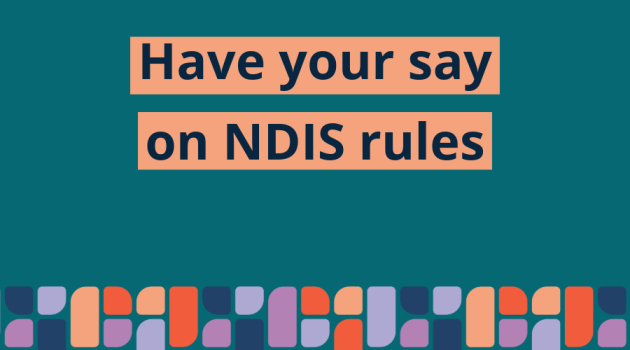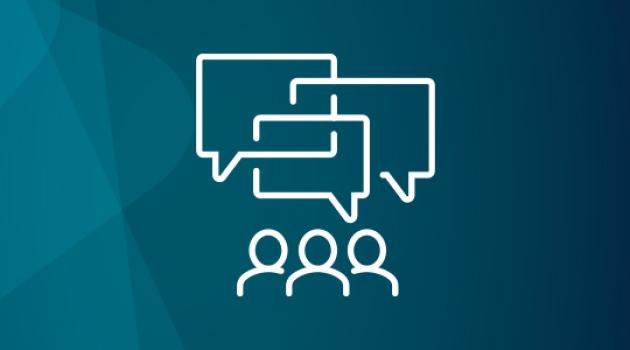About the National Disability Insurance Scheme
The National Disability Insurance Scheme (NDIS) provides funding to eligible people with disability to gain more time with family and friends, greater independence, access to new skills, jobs, or volunteering in their community, and an improved quality of life.
The NDIS also connects anyone with disability to services in their community.
To learn more about eligibility and applying to the scheme, visit the NDIS(Opens external website) website.
Changes to NDIS Legislation
The Australian Government is implementing changes to NDIS Legislation.
Learn more about what is changing.
NDIS reforms
The Australian Government is committed to making improvements to the NDIS for all participants, their families, and carers.
Learn more about the reforms.
NDIS market roles and responsibilities
The NDIS Market Roles and Responsibilities document outlines:
- the role of governments in supporting and developing the NDIS market
- building a responsive and capable NDIS workforce that supports NDIS participants to meet their needs and achieve their goals.
This document includes:
- our shared vision for NDIS participants and providers and their workforce
- what we will do to support NDIS participants, providers and their workforce
- how we will work together.
A new quality and safeguarding framework
The NDIS Quality and Safeguarding Framework has been in place since 2016. It provides a national approach to quality and safety in the NDIS.
In 2024, we received $15.6 million of funding over 5 years for a new framework for all people with disability. This framework will be called the Disability Supports Quality and Safeguarding Framework.
Applied Principles and Tables of Support
Many government services provide supports to people with disability, including:
- the NDIS
- state, territory and Commonwealth Government services like health, education, justice and transport.
All areas work together so people with disability receive support to meet their individual needs.
Access to mainstream services, community-based activities and other government programs is a shared responsibility across many services.
The Commonwealth and state and territory governments work together through the Disability Reform Ministers’ Meeting to resolve any issues where their services interact.
A key tool is the Applied Principles and Tables of Support (ATPOS) which was reviewed and agreed by the former Council of Australian Governments (COAG) in November 2015. The APTOS outlines the roles and responsibilities of different sectors that deliver supports to people with disability.
Learn more about The Applied Principles and Tables of Support to Determine the Responsibilities of the NDIS and other Service Systems.
Care Sector Demand Map
The Care Sector Demand Map helps providers understand the supply and demand for NDIS and aged care services.
Visit the Care Sector Demand Map(Opens external website) website to learn more.
NDIS National Workforce Plan
The NDIS National Workforce Plan: 2021-2025 outlines the Australian Government’s commitment to work with NDIS participants, industry and other stakeholders to grow a responsive and capable workforce for the NDIS.
Easy Read version of Schedule A of the Bilateral Agreements between the Commonwealth of Australia and the states and territories
Schedule A of the Full Scheme Bilateral Agreement between the Commonwealth and the states and territories on the NDIS sets out the financial obligations to do with the NDIS.
On 1 July 2023, and every five years thereafter, the states and territories financial obligations will be adjusted, based on the most recent census population data.
The Easy Read document outlines the changes made through this process.
Updates
Establishment of the new Administrative Review Tribunal
The report of the NDIS review
2023 Independent Review of the NDIS
News

Have your say about the NDIS Supports rules
